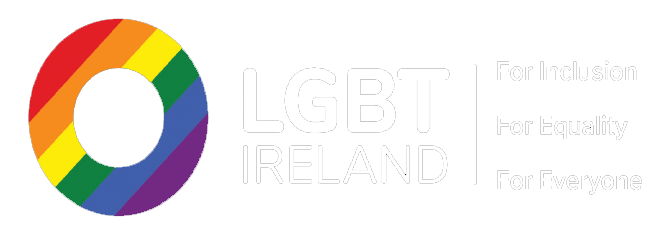Fifty percent of LGBTQ people reported being bullied in school as a result of their identities. Do you know what to do if your child is being bullied? Find out some signs of bullying and steps to take below.

What To Do If Your LGBT Child is Being Bullied
According to the 2016 LGBT Ireland report, of those participating in the survey, 50% of LGBT people had been bullied while at school as a result of their LGBT identity. It’s painful to think about your child being bullied but it is important to consider what you will do to work through this difficult situation if it occurs.
Know the signs
Your child may not confide in you that they are being bullied, but identification of the problem is the first step to solving it. The ISPCC identifies the main signs of bullying as:
- Changes in Mood
- Problems eating or sleeping
- Complaints of stomach aches, headaches or minor illnesses
- Decreased academic achievement.
Listen
It is very important to let your child tell their bullying story in their own words and listen without getting angry or upset. Do not dismiss their experiences as being ‘part of growing up’ and reassure your child that it is not their fault. There is still a stigma attached to bullying so normalise it by sharing experiences about being bullied yourself or point out celebrities your child admires that have also been bullied. If you are not LGBT yourself however, be careful not to explain away their specific experience. It could be a good idea to get your child to keep a diary recording the bullying incidents.
Teach your child compassion and conflict resolution
This insightful infographic on dealing with bullies shows how teaching compassion can help your child feel better about the situation and resolve the conflict. Whilst you should show your child you are on their side, equating bullies with ‘evil’ could create a war like mentality and harmful hypervigilance in your child. Instead, you should teach your child that not every bully is evil, and they are most likely unhappy. We do not have to be mean back to bullies back because we are not mean to unhappy people. We can help bullies by being brave and showing them what a good person looks like.
Talk to the school
The next step is to talk to your child’s school, especially important if you fear for your child’s physical safety. The diary discussed above will help you provide concrete evidence on what is going on. Gender identity and sexuality are protected grounds in the Equal Status Act so the school has a legal responsibility to acknowledge difference and diversity within the school community and work to keep your child safe from discrimination. The school should have an anti-bullying policy in place in which to record incidents, discipline bullies and prevent recurrence. Classroom teachers are invaluable in this work as they can be valuable role models on how to treat LGBT people and educate their students on important issues.
If you are unhappy with the way your child’s school is handling the incident, or you are concerned about your LGBT child you can contact The LGBT helpline for advice
Jackie is an editor, researcher, writer, and mother to two small children, one of which has experienced bullying in school.
